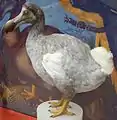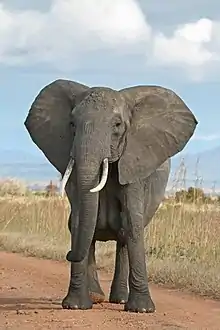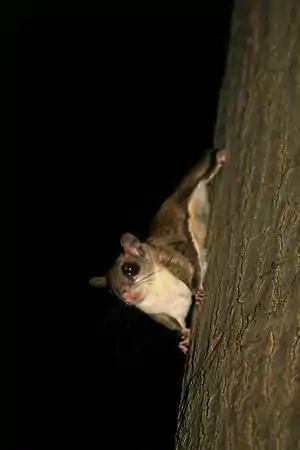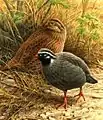| Saving Animals | |
|---|---|
| Builder |
Why are animals endangered?
1. Overhunting - This has been the fate of most large animals, slow animals and tasty animals when humans have migrated to a previously uninhabited area.
History abounds with stories of animals going extinct because of hunting and the consequent deaths of their predators if not by direct hunting as well, then by starvation because they no longer have a food source.
2. Habitat loss - Deforestation, agricultural spread, water extraction, mining and human migration have either destroyed the only habitats the species can survive in or driven the species to a severely fragmented habitat, generally meaning simply a slower demise of the species.
3. High specialization - Rarity has its own problems. Highly specialized species that have very specific habitat requirements do not fare well when faced with a changing environment, such as a changing climate or a habitat loss.
4. Pollution - Although biologists have been unable to isolate a single cause for the recent rapid decline in numbers and extinctions of many species, it appears that much of it is due to pollution.
For example, the Peregrine Falcon almost became extinct in Canada when DDT was widely used prior to becoming banned in the U.S. and Canada in 1971.
5. Invasive species - Invasive species are a major cause of loss of diversity of both plants and animals. When a new species arrives with no natural predators to keep it in check, it can take over.
A familiar example is the brown tree snake inadvertently arriving in Guam on a cargo ship following WWII. The venomous brown snake has decimated on virtually all of the local bird, fruit bat and lizard populations
6. Human-wildlife conflict - As our populations increase and more people move into areas where wildlife previously lived in abundance, new human-wildlife conflicts arise. Sadly, in many cases, wildlife is killed when they cause too big harm to farmers by hunting livestock or destroying crops.
7. Disease - Diseases kill humans and animals alike. The Ebola virus killed 5,000 critically endangered western gorillas between 2002 and 2003 at the Lossi Sanctuary and other hundreds of gorillas in the Odzala-Kokoua National Park in 2003-2004.
8. Low birth rate - It is believed that reproduction rates are a natural way of maintaining a population equilibrium. Some species do not reproduce very often, and they may have few offspring each time when they breed. Other species may take a number of years to become sexually mature, thus reducing their opportunity to breed over their lifetime.
9. Genetic vulnerability - If a population has low genetic variation, it cannot evolve on the face of changing environmental variables and will face an increased risk of extinction.
For example, if a population does not have a gene that is resistant to a certain disease, that disease may wipe out the entire population in one fell stroke.
10. Small population - Some species can be found only in certain areas. If there are only a limited number of individuals of a species that are in existence to begin with, and the environment changes, there is a lower probability that such a species will survive in the future.
Rare species can easily become extinct in the face of hunting. The Sumatran Tiger is an example of a rare species that was over hunted to the point of extinction, as there were a very limited number of individuals to begin with.
What happened to extinct animals? Why?
They died from being poached, over hunted, acts of nature, the flood, and lack of necessary habitat. Extinct animals died.
Identify and name at least 5 extinct animals.
 Dodo
Dodo Mammoth
Mammoth_(32561997471).jpg.webp) Saber-toothed Tiger
Saber-toothed Tiger Sumatran Rhino
Sumatran Rhino Chinese Paddlefish
Chinese Paddlefish Indian Cheetah
Indian Cheetah_at_Jurong_Bird_Park_in_Singapore.jpg.webp) Spix Macaw
Spix Macaw Indochinese Tiger
Indochinese Tiger
Learn about 5 endangered animals.
How many animals are currently on the endangered species list. Collect pictures of at least 5 endangered animals and name them.
 Red Panda
Red Panda Giant Panda
Giant Panda Elephant
Elephant Flying Squirrel
Flying Squirrel Himalayan Quail
Himalayan Quail
Make a poster or booklet encouraging people to save endangered animals. Show it to someone.
Memorize Proverbs 12:10
| Proverbs 12:10 (NIV) |
|---|
| The righteous care for the needs of their animals, but the kindest acts of the wicked are cruel. |



